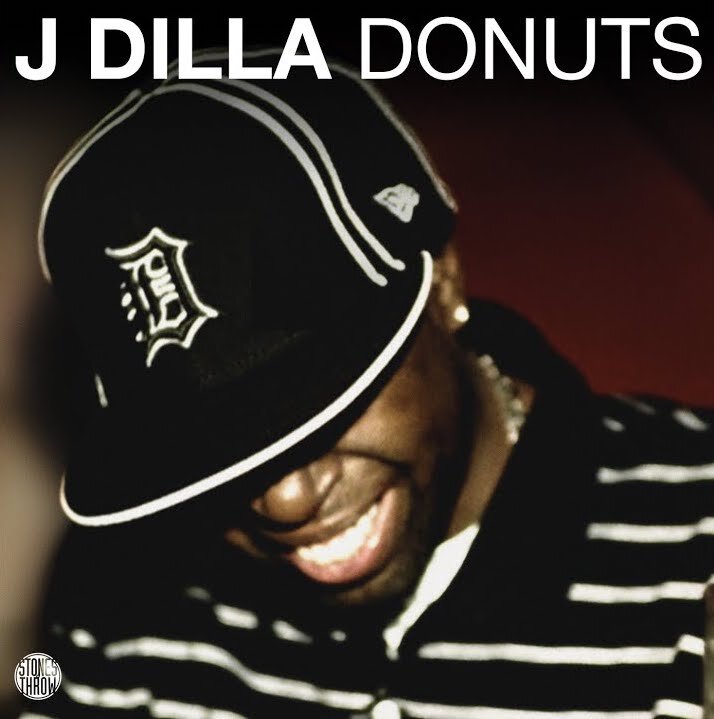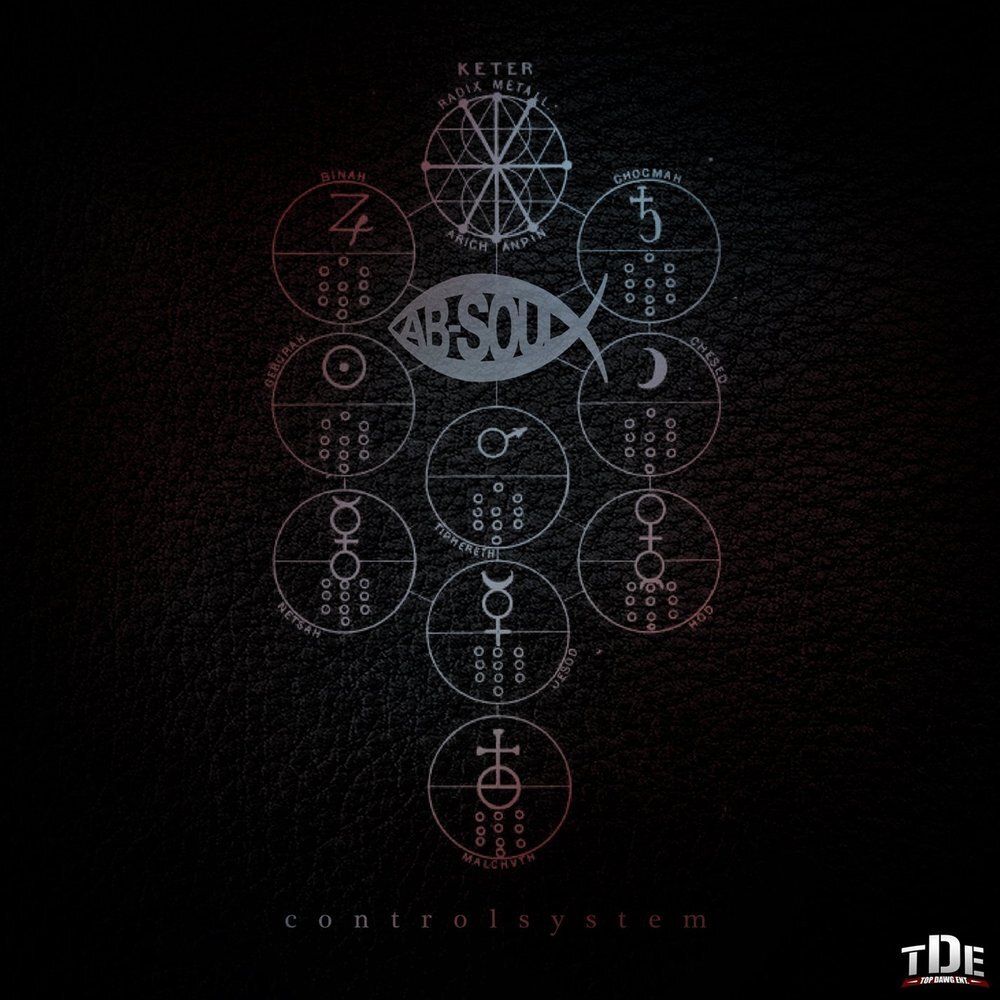How “Pieces of a Man” Became the Socially-Conscious Voice of a Generation
by Asher Ali
When George Floyd was murdered, Americans dusted off their shoes and marched to fight for justice in a system that was ever-more glaringly built on discrimination and racism. Many different phrases and taglines were prominently featured at the forefront of 2020’s push for change, namely among them a particular truism first uttered from the mouth of poet and songwriter Gil Scott-Heron.
“The Revolution Will Not Be Televised” is one of the most used and also distorted lines in times of tumult, and it originates from Scott-Heron’s prominent song of the same title. First used as part of his introduction to his inaugural album Small Talk at 125th and Lenox, the song made greater waves on the Chicago native’s second project, Pieces of a Man in 1971.
The album became an underground success with its jazz poetry breaking down the perspective of a beleaguered man desperate to break free from the chains of oppression. In particular, “The Revolution will Not Be Televised” has been at the vanguard of fights for social justice from London in 1983 to Mumbai in 2009.
The album as a whole has also remained consistently relevant to this day through the instrumental impact it had in establishing the sound of hip-hop and jazz rap. Scott-Heron never agreed that he was the forefather of rap, calling his association with the genre “a mistake,” but the state of hip-hop today would be unfathomable because of who the poet and the famous Pieces of a Man inspired.
The groundwork of the album’s sound is laid out by jazz composer, keyboardist and producer Brian Jackson who was a decade-long collaborator with Scott-Heron. His wavy drums, flute and keyboard sounds served as simply a backdrop to Scott-Heron’s whimsical dictation, which was a more novel concept of the time as it gave the lyrics space to stand out on their own instead of forcing them to meld together.
The juxtaposition of gentle rhythm against fluid, yet hard-hitting lyrics inspired Ali Shaheed Muhammad of a Tribe Called Quest to seek out jazz samples to put up against the bars of his fellow group members. Muhammad got together with Jackson in 2021 for a collaborative jazz project, but as a fan of Jackson’s in the early 90s, Muhammad emulated the sonic ideas from Pieces of a Man in a range of Tribe tracks, from “Excursions” to “Keep it Rollin’”.
Free expression of difficult themes was also championed on the album by Scott-Heron and also became a distinguishing factor for A Tribe Called Quest as the group ascended. Even in their younger years, the young emcees of Q-Tip, Jarobi White and Phife Dawg were politically and socially outspoken, talking about xenophobia, veganism and religion in their rhymes. Scott-Heron’s grand influence on hip hop has helped some deem him as the progenitor of the genre; a hard nomination to argue against when you pay attention to how much he’s influenced perhaps the greatest zeitgeist in the genre’s history. Kanye West was maybe one of the most outspoken musicians in the early 2000s, both inside and outside the studio, as the mutual Chicagoan saw his genius as a reincarnation of what Scott-Heron had preached before him.
West has always been proficient at analogizing tropes in the commercial world to dig at something deeper within the human condition, something Scott-Heron was masterful at doing in his poetry as well. Kanye gave clear credit to this on Late Registration’s “My Way Home” which sampled “Home is Where the Hatred Is” from Pieces of a Man, but in a way that was unique for West’s production style at the time.
Instead of chopping it to pieces and reverbing the song to make it beautifully unrecognizable, West loops the hard-hitting piano chords from the song leaving it nearly untouched, while then featuring Scott-Heron’s powerful vocals at points to break through the bars that both West and fellow Scott-Heron studier Common are laying down.
West’s track concludes with 44 seconds of unbroken phrase from Scott-Heron’s classic, where his powerful voice echoes a sentiment about how returning home after suffering can cause more pain. The world knows Kanye West to be someone who rarely lets others tell his own story, yet here Ye was clearly proud to let someone of Scott-Heron’s pedigree describe how he felt.
On Late Registration’s very next song “Crack Music”, Kanye put down an introspective and socially conscious line right out of the Scott-Heron handbook where he said, “You hear that? What Gil Scott was Heron / When our heroes or heroines got hooked on heroin.” Conveying a period of time so vividly is incredibly emblematic of what Scott-Heron was known for, and not only Ye, but Kendrick Lamar out of Los Angeles was able to articulate deep personal narratives in rap, much like the spoken word of the renowned jazz poet.
Much like how Pieces of a Man tells the story of Scott-Heron and his father trying to escape cultural discrimination and injustice, good kid, m.A.A.d city was Kendrick’s tale of how he tried to overcome poverty and extreme dysfunction as a kid living in Compton. Kendrick’s prose would only become more poetic in To Pimp A Butterfly as he ornately paints a tableau of how this country tries to break Black Americans in hopes of conformity. It’s an expansion of the themes expressed in the interpersonal story of Pieces of a Man.
From “The Revolution Will Not Be Televised” to “Peace”, the sounds, rhythms and themes of Pieces of a Man are the ideals that have underpinned hip-hop since DJ Kool Herc. And as recently as 2020 when the ugly head of racial inequality was front and center in this country, the message of Scott-Heron’s art resurfaced in full bloom. Perhaps nobody in modern rap has embodied how the duality of Scott-Heron’s message still resonates with the world today quite like Freddie Gibbs. The gangster poet first used the line, “The revolution is the genocide / my execution might be televised,” in Alfredo’s “Scottie Beam” and later on released his own rendition of the soulful and sorrowful “Winter in America” which Scott-Heron and Jackson wrote as they saw first-hand how democracy can fail this country.
The best art is that which transcends time with the message it brings, and Pieces of a Man has not just reached multiple generations but inspired them too socially and artistically.
Asher Ali is a staff writer.
Thanks for reading! Make sure to follow us on Instagram to stay up-to-date on everything hip-hop.



































